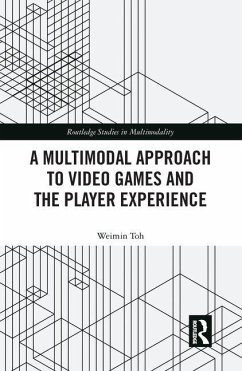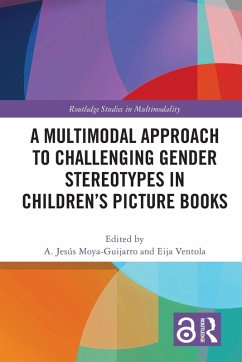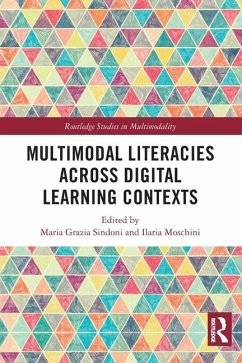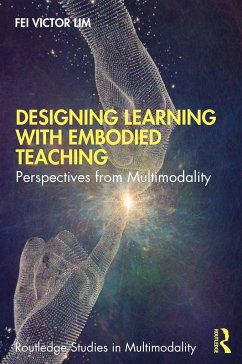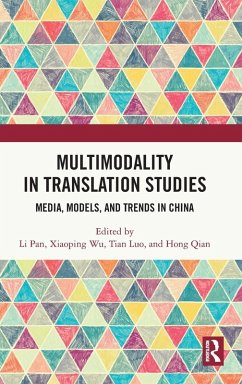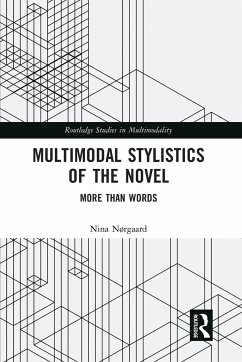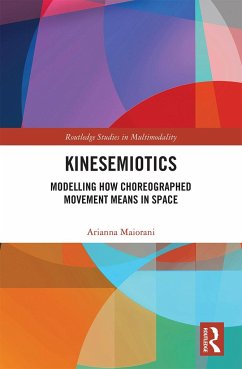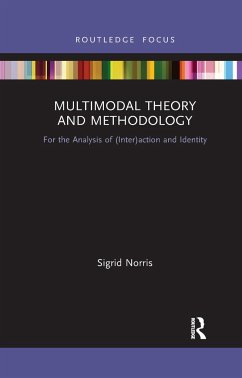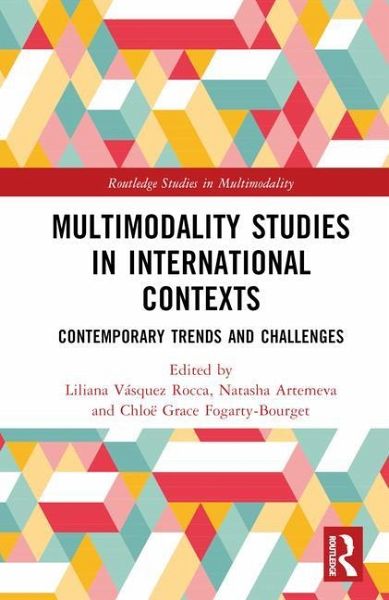
Multimodality Studies in International Contexts
Contemporary Trends and Challenges
Herausgegeben: Vásquez Rocca, Liliana; Artemeva, Natasha; Fogarty-Bourget, Chloë Grace
Versandkostenfrei!
Versandfertig in 6-10 Tagen
154,99 €
inkl. MwSt.

PAYBACK Punkte
77 °P sammeln!
This collection responds to the need for theoretically informed and methodologically grounded empirical research on the global transformations in multimodal human communication and social practices in light of recent widespread change.The volume highlights the need to expand on the established approaches--Social Semiotics, Multimodal Discourse Analysis, and Multimodal (Inter)action Analysis--by complementing them with other analytical frameworks to better understand the impact of unprecedented global challenges, such as Covid-19, on the way humans communicate and make use of meaning-making res...
This collection responds to the need for theoretically informed and methodologically grounded empirical research on the global transformations in multimodal human communication and social practices in light of recent widespread change.
The volume highlights the need to expand on the established approaches--Social Semiotics, Multimodal Discourse Analysis, and Multimodal (Inter)action Analysis--by complementing them with other analytical frameworks to better understand the impact of unprecedented global challenges, such as Covid-19, on the way humans communicate and make use of meaning-making resources. Bringing together established and emergent scholars from a variety of geographical, cultural, and linguistic contexts, the collection presents studies from both the Global North and Global South, including South Africa, Latin America, Brazil, and the Caribbean, to showcase new perspectives in multimodality research.
This innovative book will be of interest to students and scholars in multimodality, social semiotics, and discourse analysis.
The volume highlights the need to expand on the established approaches--Social Semiotics, Multimodal Discourse Analysis, and Multimodal (Inter)action Analysis--by complementing them with other analytical frameworks to better understand the impact of unprecedented global challenges, such as Covid-19, on the way humans communicate and make use of meaning-making resources. Bringing together established and emergent scholars from a variety of geographical, cultural, and linguistic contexts, the collection presents studies from both the Global North and Global South, including South Africa, Latin America, Brazil, and the Caribbean, to showcase new perspectives in multimodality research.
This innovative book will be of interest to students and scholars in multimodality, social semiotics, and discourse analysis.





